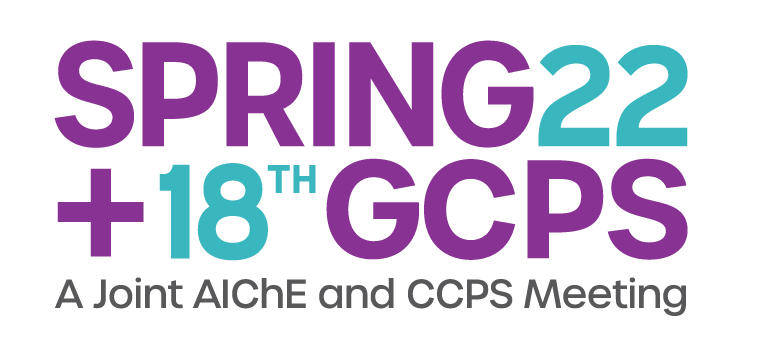

The challenge in effectively addressing these safety issues lies not only in technically recognizing transient reactivity states, but also to develop and implement a fit-for-purpose approach combining the knowledge of subject matter experts within Shell, focusing on catalysts and adsorbents risks. The Catalyst Safety Assessment (CSA) Team was created to address this need.
The focus of a CSA is to assess the risks of catalyst/adsorbent systems during transient start-up conditions, especially around reactivity between the metal oxide version of the catalyst and the accompanying hydrocarbons. Part of this fit-for-purpose assessment is a thermodynamic assessment of the maximum theoretical temperature and pressure that can be reached by the above-mentioned reaction. If needed, calorimetric experiments are conducted using the catalyst/adsorbent, hydrocarbons, and support gas to better understand at which temperature and pressure these reactions become important. This assessment is now part of the management of change checklist and a CSA may be triggered by a change to the operating procedure, a change in hydrocarbon, or a new catalyst/adsorbent.
The anticipated presentation for AIChE will include:
- Short recap of the 2014 Moerdijk SMPO explosion
- Explanation of the Catalyst Safety Assessment process and its main criteria
- Some general examples of calorimetric testing of catalytic system, its interpretation, and its application to actual operation
Key questions for the lecture audience to think about:
- Do you understand exactly when which reactions takes place during start-up on a loaded catalyst/adsorbent in your reactor?
- Can these reactions lead to high temperature and/or pressure?
- Do you see the loaded catalyst/adsorbent as inert “facilitator†or reactant?
Presenter(s)
Language
Pricing
Individuals
| AIChE Member Credits | 0.5 |
| AIChE Pro Members | $19.00 |
| Employees of CCPS Member Companies | Free |
| AIChE Graduate Student Members | Free |
| AIChE Undergraduate Student Members | Free |
| AIChE Explorer Members | $29.00 |
| Non-Members | $29.00 |
